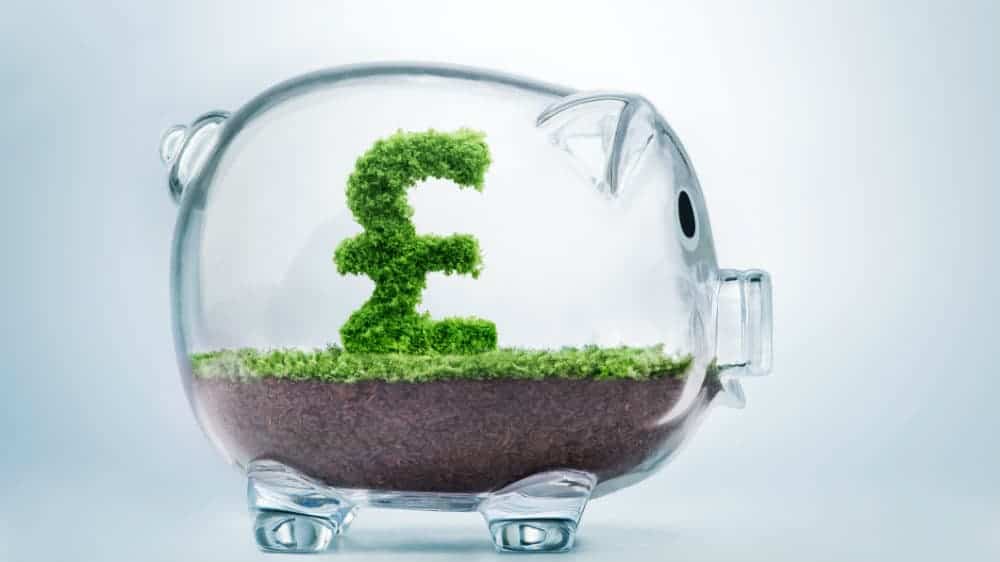Sustainable investing is one of the fastest-growing areas in the investment world. Many investors are flocking to more socially responsible ways to grow their money. What you may not be aware of is that there are some excellent socially responsible investments (SRI) that will also pay you a strong dividend.
Read on to find out more about some of the top sustainable dividend-paying stocks. These are stocks in companies that are doing good and sharing the wealth with their investors.
[top_pitch]
Should you invest £1,000 in Hollywood Bowl Group Plc right now?
When investing expert Mark Rogers has a stock tip, it can pay to listen. After all, the flagship Motley Fool Share Advisor newsletter he has run for nearly a decade has provided thousands of paying members with top stock recommendations from the UK and US markets. And right now, Mark thinks there are 6 standout stocks that investors should consider buying. Want to see if Hollywood Bowl Group Plc made the list?
What is an SRI?
SRI can be a fairly broad term. There’s a lot of ongoing debate around what makes an ethical investment. For the most part, a socially responsible investment will simply fall under the umbrella of sustainable investing.
SRI usually means screening investments to exclude certain companies. Generally, this means leaving out businesses who make their money through areas such as:
- Tobacco
- Alcohol
- Weapons
- Fossil fuels
Of course, there may be other industries that you believe are not socially responsible, which is where debate and confusion can sometimes arise.
Which SRI companies pay strong dividends?
According to DailyFX, there are some stocks out there that are socially responsible and reward investors with a decent dividend – a win-win.
Here are some of the top businesses ticking both those boxes.
1. Coca-Cola HBC AG (CCH)
Although Coke is questionable from a health perspective, the company has a massive environmental, social and governance (ESG) score of 92. It also pays a respectable 2.19% dividend yield.
Coca-Cola’s sustainability manifesto states that the company replenishes its water usage and recycles a bottle for every one that’s sold. This helps make them the top company in the FTSE 100 for sustainable impact. So if you’re looking for a bit more fizz in your portfolio, this could be one company worth researching.
2. Hewlett Packard Enterprise (HPE)
You will find this technology company in the S&P 500. It has an ESG score of 91 and pays a tidy dividend yield of 2.92%.
The company has been on a huge drive to try and reduce its carbon footprint over the last couple of years. Its efforts seem to be paying off as the company’s operational footprint has dropped by a considerable 47%. If you’re searching for a tech stock that’s pushing hard to do better, then take a look at HP.
3. Dexus Property Group (DXS)
This is a less well-known brand because it’s based in Australia, so you’ll find it on the ASX 200. But the company is making waves down under with an ESG score of 89 and a super dividend yield of 5.18%.
As you might have guessed from the name, the company focuses on property and real estate. In 2020, it managed to successfully reduce its office emissions by 50.1%. The company also has future plans to get the majority of its electricity from renewable sources. Dexus could be a strong option to keep an eye on in the coming years.
[middle_pitch]
What other SRI stocks scored well?
Some other notable stocks that didn’t take the top spots but still had strong ESG scores and dividend yields are:
- Unilever ULVR (89, 3.51%)
- Diageo DGE (87, 2.12%)
- Stockland SGP (86, 4.73%)
- Abbott Laboratories ABT (86, 1.46%)
- Stanley Black & Decker SWK (86, 1.34%)
How can I invest ethically?
There are now lots of different ways to invest in a positive manner. Along with SRI, there are also methods such as impact and ESG investing.
To make life even easier for you, most share dealing accounts these days will highlight more ethical investments or funds. In some cases, going down this more sustainable route does incur slightly more in the way of fees, but not always.
Just remember that there’s no guarantee of dividend payouts. And whichever way you choose to invest your money, you may get out less than you put in.
Stocks listed on overseas exchanges may be subject to additional dealing and exchange rate charges, administrative costs, withholding taxes and different accounting and reporting standards. They may have other tax implications, and may not provide the same, or any, regulatory protection. Exchange rate charges may adversely affect the value of shares in sterling terms, and you could lose money in sterling even if the stock price rises in the currency of origin. Any performance statistics that do not adjust for exchange rate changes are likely to result in an inaccurate portrayal of real returns for sterling-based UK investors.







